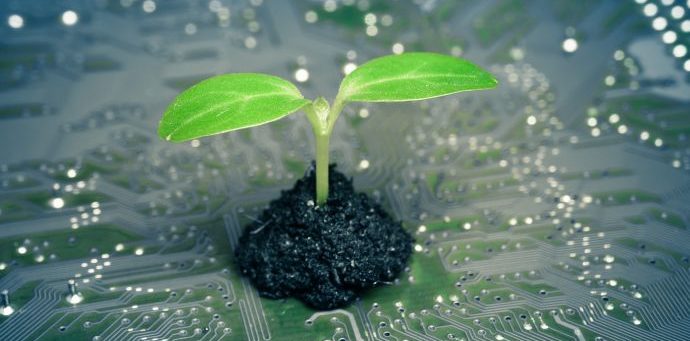Shell announced a programme to invest in natural ecosystems as part of its strategy to act on global climate change, including addressing carbon dioxide (CO2) emissions generated by customers when using its products. Shell plans to invest $300 million over the next three years.
Specifically, this newly-announced product will contribute to the company’s three-year target to decrease its Net Carbon Footprint by 2-3%.
There is no single solution to tackling climate change. A transformation of the global energy system is needed, from electricity generation to industry and transport
… Ben van Beurden, Chief Executive Officer of Royal Dutch Shell, reported.
He continued that the company focuses on natural ecosystems taking a step closer towards a low-carbon future.
In addition, Shell’s boosts its decision by investing in lower-carbon options, such as battery electric vehicle charging to liquefied natural gas and hydrogen. Moreover, the company is investing in 200 new fast electric vehicle charge-points, powered by renewable energy, on its forecourts in the Netherlands, on top of 500 ultra-fast chargers being installed on Shell forecourts across Europe, in collaboration with IONITY.
[smlsubform prepend=”GET THE SAFETY4SEA IN YOUR INBOX!” showname=false emailtxt=”” emailholder=”Enter your email address” showsubmit=true submittxt=”Submit” jsthanks=false thankyou=”Thank you for subscribing to our mailing list”]
In the meantime, for those customers who drive internal combustion engine vehicles, the oil major just reduces their carbon footprint through low-carbon biofuels and carbon neutral driving.
In light of its sustainability goals, the company also announced its interest in investing in forests, wetlands and other natural ecosystems around the world, to reduce emissions and capture more CO2 while benefitting biodiversity and local communities.
The beginning of this marks the plantation of the more than 5 million trees on the 12 years following, in the Netherlands; A decision which is a partnership between Shell and Staatsbosbeheer.
Moreover, the company partnered with Land Life Company to create a 300-hectare reforestation project in Spain; About 300.000 trees will be planted in the Castilla y Leon region by the end of this year.
Concluding, amongst Shell’s ‘green’ plans is also the 800-hectare endangered native forest regeneration project in Queensland, Australia, and also the study based on the potential for a nature conservation, restoration and enhancement venture for Sarawak’s natural landscape, in Malaysia, where Shell cooperates with the Sarawak state government.






























































